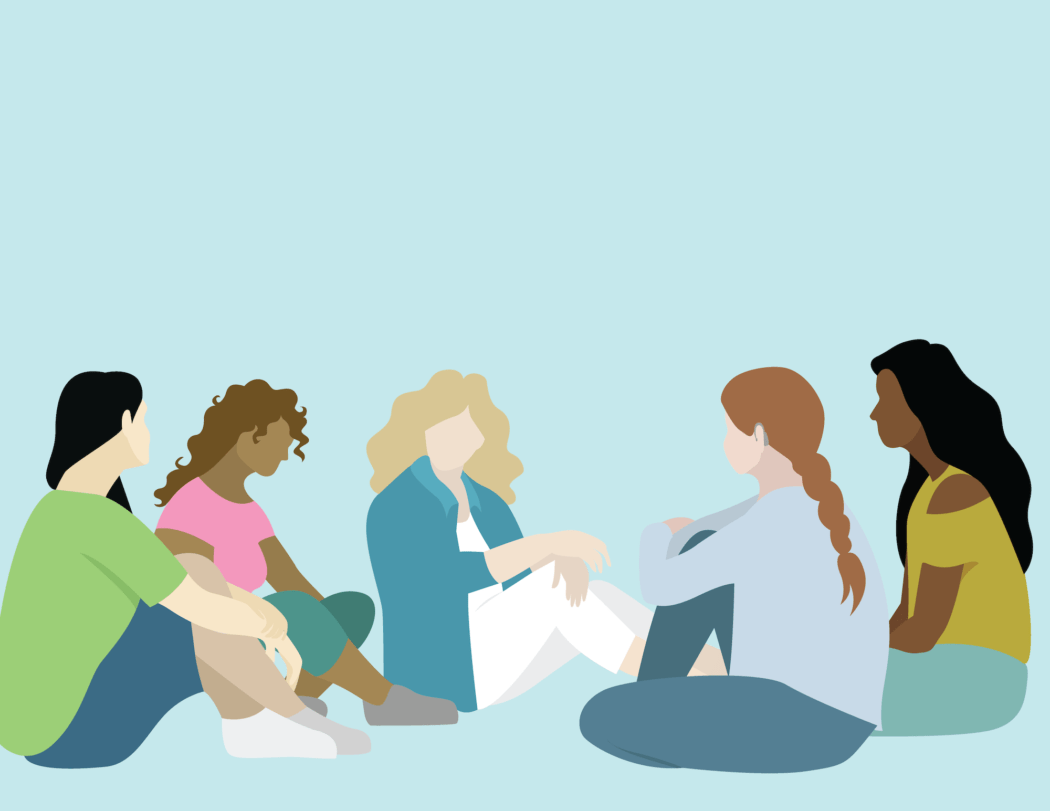Utah Women and Leadership Project: Impact of missionary service on women’s college education
On Feb. 2 the Utah Women and Leadership Project released a new research brief on the “Impact of Gap Time for Missionary Service on Utah Women’s College Outcomes.”
The research studied what impact taking time off from school to serve a full-time mission for The Church of Jesus Christ of Latter-day Saints had on women’s college careers.
The brief summarizes findings from a study that analyzed data from over 17,000 female students who enrolled between Fall 2007 and Fall 2012 at Brigham Young University, and tracked their data through their college careers at the school.
Findings of this study state women who took missionary gap time were 33.0% more likely to switch to a major with a potential for higher earnings than women who did not take missionary gap time.
It was also found 96% of women in this study returned to college and continued their education.
This research was authored by Jocelyn Wikle, assistant professor of family studies at Brigham Young University, and Maggie Marchant, a librarian at Brigham Young University Harold B. Lee Library.
Emily Darowski works as the associate director for the UWLP.
“The mission of the Utah Women and Leadership Project is to strengthen the impact of Utah girls and women,” Darowski said in a virtual interview. “And we do that through producing trustworthy, relevant research helping everyone around the state — whether that’s individuals, educators, community leaders, political leaders — understand how girls and women are doing by seeing data related to any topic related to them.”
The UWLP was founded by Susan Madsen, a professor in the Huntsman School of Business at USU, who currently serves as the director of the organization.
This study became connected to the organization when Wikle and Madsen met at an event a few years ago and started talking about research on missionaries the organization had done. Wikle shared the research she and Marchant were doing, and Madsen became interested in connecting the study with the UWLP.
Being connected with the organization helped Wikle and Marchant share their study with more people and with leaders around the state.
“What we get to do is use the research and the data that we’re seeing as talking points for being able to show leaders how women are doing and where we need to move the needle to help women and girls thrive more in Utah,” Darowski said.
The research started as Marchant’s honors thesis when she was in her undergrad program at BYU.
In a virtual interview, Wikle said as Marchant brainstormed ideas for her honors thesis she hoped she would be able to talk her into looking into missionary service. That was when Marchant had the same idea.
“One thing that inspired me was seeing lots of friends and peers in while I was at BYU, that had gone on missions and came home, and seeing how that influenced their choices after and things that they decided to change,” Marchant said in a virtual interview. “So I was interested in looking at that more and seeing if those kinds of anecdotal experiences also translated into actual differences in what happened in their education.”
To conduct the study, Wilke said they went to the university and asked to have access to administrative records, which includes academic records but not access to people’s names.
With the records they were able to have information on 100% of BYU’s student body’s academic experience. They then sifted through the records to find patterns of how the experiences of the women who left school to serve a mission differed from those who didn’t.
The sample size of the study was 17,402 women. 29.1% of those women took a gap year from their college education to serve a full-time mission.
The findings of the research showed both benefits and drawbacks to serving a full-time mission.
One drawback was those who served missions were 10% less likely to graduate within an eight-year time period than those who did not.
“We, unfortunately, don’t really have the data to see why,” Marchant said. “Past research has shown that just being older is a risk factor for not graduating. There’s also the possibility that these women are finding other opportunities that are connected to their mission, that take them away from school, and it’s possible that they are more likely to get married, there’s lots of different things that might happen.”
Marchant said this information is important because it makes universities and those in the lives of these women aware of the issue so they can help them find a way to finish their education and to support them.
One benefit, Wikle said, for those women who did serve a mission but have struggled academically, is serving a mission helped set them apart and helped them get into more competitive programs and limited enrollment majors.
“It seemed like a mission was serving a special role for these women, it was signaling to others that they had valuable skills, and that they could make a contribution, even when they looked less than perfect on paper,” Wikle said.
This research isn’t just for those who take a gap year to serve a mission, but can be helpful for anyone who takes a gap year.
Marchant and Wikle said the purpose of this study was to help women who are thinking of taking a gap year from school be more aware of what they may be facing with this decision.
“I think it’s really important for people when making big life-altering decisions like this, to have the best information possible,” Wikle said. “We really hope that this study will empower women thinking about taking a break from school, to really be able to dive in and evaluate the costs and benefits of that decision.”

